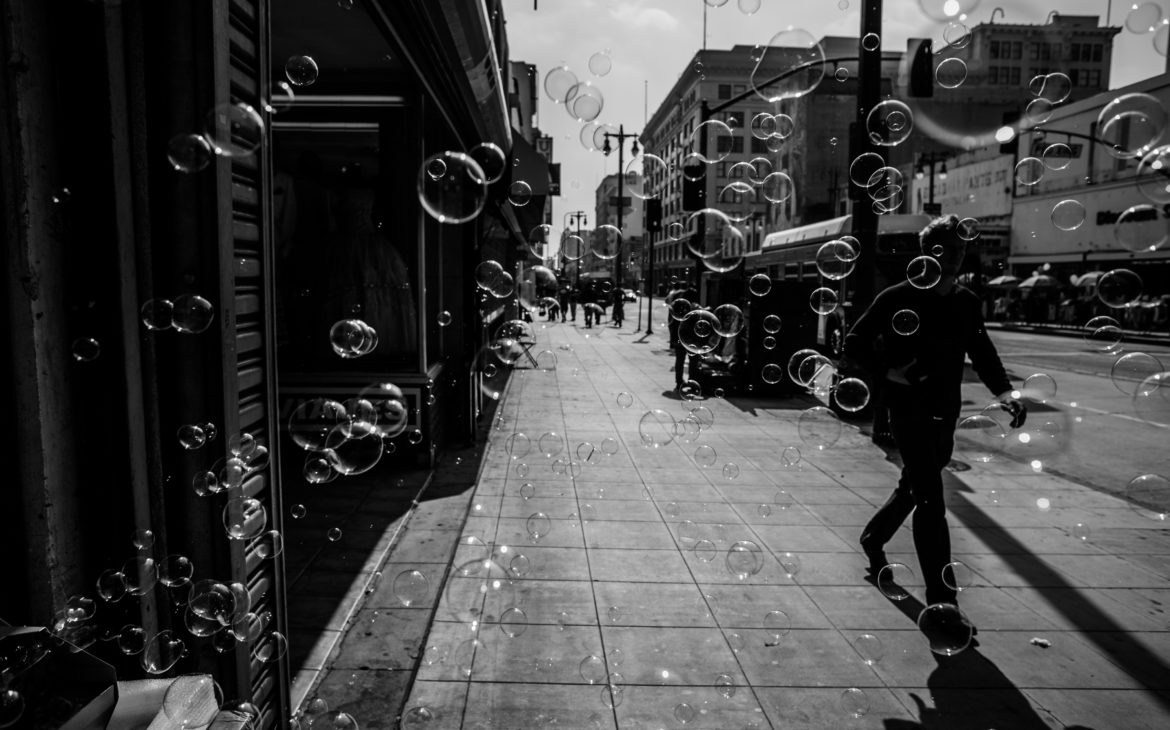This last May, I came upon an article by Bill Buford in The New Yorker under the heading ANNALS OF GASTRONOMY, and I would have passed it up, but for the title, BAKING BREAD IN LYON. So two months into the pandemic, I got to go to France in my mind, read about my favorite food and so much more.
Bill Buford was the former fiction editor of the The New Yorker and Granta, but most recently wrote the book DIRT about his 5 years working as a line cook in France.
Buford lived in a quartier where there were “workshops, not shops”: such as a seamstress, a guitar maker, a bookbinder and a violin repair person. Across from his building was Bob’s boulangerie, which was said to have the best bread in town.
The feelings Buford describes in this quartier of makers was a kind of “grittiness” full of “energy and integrity”. And when it came to Bob’s bread, “it had aromatic complexity and was long in flavor in ways that we’d never known before.” So, he and his family were at the boulangerie every day, sometimes more than three times a day, until Bob told them they had had enough bread and needed to go home. His son Frederick, would first break open the bread, stick his nose into it and smile. The aroma of Bob’s bread entered all the living spaces around the quartier and was the “equivalent of a campfire”.
Buford determined to discover the secret to Bob’s bread. He asked Bob about the yeast and the leavening, especially since factory bread makers used high speed mixers that could whip the dough in minutes and Bob’s took all night. Bob asserted these were things you did not do to make bad bread. But good bread was all about the flour.
His flour came from The Auvergne, west of Lyon, a region that Buford says was rarely mentioned “without an epithet invoking its otherness.” Bob said, “it is sauvage–wild–with cliffs and forests, and boar.” The farmers in that region had been on the land for generations and were the beneficiaries of the knowledge of seasons and rhythms that had been passed along.
Similarly, when Bob was growing up every member of his family worked in the family boulangerie at Christmas and Easter. Bob had emerged with a refrain: “Everyone deserves good bread.” Buford explains it as nothing less than a calling or a social imperative.
One night while working late, Bob chased a vandal that broke his window and in the process of the chase, he broke his leg. Some time later while recovering, a blood clot that lodged in his lungs took his life. Buford recalls that he lived on the river in Lyon all those years and never thought much about it until Bob died. “Only now does it occur to me that, with bread that he had made single-handedly , he couldn’t do the obvious and put it out with the trash. He seemed to need to replicate the making of it in the unmaking, tossing the baguettes, one by one, as if returning them to nature for the birds and the fish.” Buford says that in France somehow, “flavor and value have the same moral weight”. It is remarkable to consider something that contributes to a quality of life as carrying a moral weight.
There is something so compelling about this story and I really can’t add much. It takes me out of artificial measures of modern time that tend to pave over complexity and into the rich regions of otherness. The wild, unfamiliar border regions have a long history of being discarded or paved over. So too, inside ourselves.
So it seems that filing this story under the ANNALS of GASTRONOMY, barely scratches the surface of the story.
More rich, complex otherness next time…full of possibilities.
Be well,
Marlene
Photograph by Rinzi Ruiz, @rinzizen, @rinziruizphotography
*Please support Independent Bookstores



